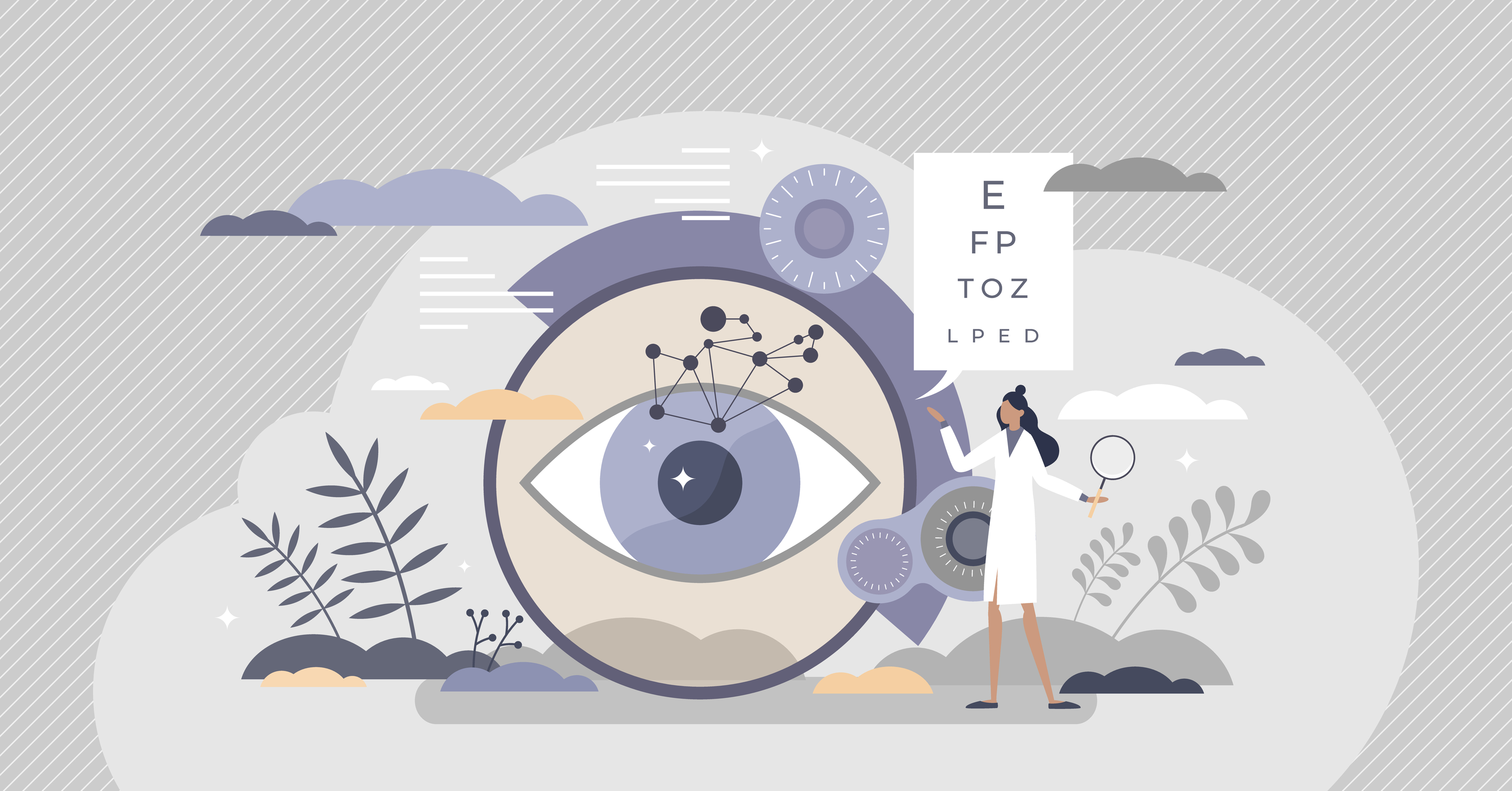Eye health projects receive share of £13 million AI investment
Eye health projects receive share of £13 million AI investment
Eye health projects receive share of £13 million AI investment
Eye health news and updates. Initiatives include scaling and validating a foundation model for ophthalmology and an AI tool to predict fibrosis progression in wet AMD patients.
Eye health projects are among 22 initiatives that have received funding in a £13 million boost to artificial intelligence (AI) research. The announcement was made by Science Minister, Michelle Donelan, during a visit to University College London’s (UCL) Centre for Interventional and Surgical Sciences on August 10.
A broad range of projects received funding, involving universities from Surrey to Edinburgh. Initiatives related to eye health include a £453,000 grant to use foundation AI models for ophthalmic imaging and diagnosing retinal diseases. The project is led by Professor Pearse Keane, of the UCL Institute of Ophthalmology.
A project led by Professor Daniel Rueckert of Imperial College London received a £600,000 grant. The research aims to develop a privacy-preserving AI tool to aid the diagnosis and assessment of retinal fibrosis in patients with wet age-related macular degeneration (AMD).
Currently, fibrosis is assessed manually by ophthalmologists, with variation between clinicians on how they assess the degree of fibrosis. It is hoped that the use of AI for this task will enhance consistency, as well as improving speed and accuracy.
Rueckert shared that medical imaging is a field where the innate pattern recognition strengths of AI can be leveraged.
What to do next:
 Eye health projects receive share of £13 million AI investment
Eye health projects receive share of £13 million AI investment